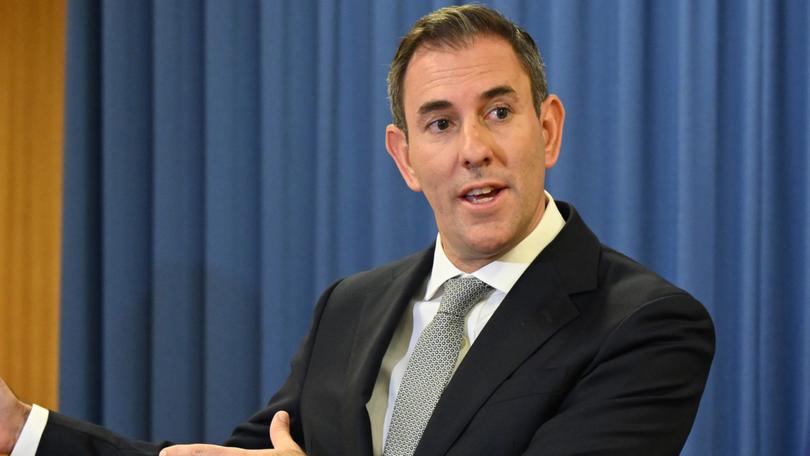Federal Budget tips faster jobs growth despite slowing economy
The number of people in jobs is growing much faster than previously thought, with next week’s Budget books set to reveal an extra 150,000 positions will be created over the next year.

The number of people in jobs is growing much faster than previously thought, with next week’s Budget books set to reveal an extra 150,000 positions will be created over the next year.
Treasury has upgraded its employment forecasts since December’s mid-year update to show employment is expected to grow at 2.25 per cent in the year to the end of June.
As well as being much stronger than the 1.5 per cent growth forecast in the mid-year update, it is more than double the expectations included in last year’s Budget.
Sign up to The Nightly's newsletters.
Get the first look at the digital newspaper, curated daily stories and breaking headlines delivered to your inbox.
By continuing you agree to our Terms and Privacy Policy.The figures show more than 780,000 jobs have been added to the economy since the 2022 election.
Treasury’s forecasts are now that this figure will rise to about 1 million jobs by early 2025.
This is despite the labour market softening in response to weaker economic growth.
Recent data has shown drops in hours worked and job vacancies coupled with a slight increase in the underemployment rate.
Nevertheless, the unemployment forecast remains unchanged from last year’s Budget and the mid-year update.
The unemployment rate is expected to tick up slightly to 4.5 per cent by the end of June 2025.
The most recent data, from March, showed unemployment was at 3.9 per cent and the participation rate was at 66.6 per cent.
Tuesday’s Budget will also show the strong jobs growth is combining with faster wages growth and the revamped tax cuts to give people more disposable income than in previous years.
The tax cuts will return an average of $1888 to each household, according to Government forecasts.
Prime Minister Anthony Albanese said the Budget’s three objectives were to take pressure off the cost of living, do so in a way that continued to moderate inflation, and to set the country up for an economically secure future.
“It foreshadows living standards increasing, because what we have is real wages growing. Real wages growing faster than inflation for the first time, something that wasn’t happening a decade ago,” he said.
“We want to see people earn more and for people to keep more of what they earn, which is why next Tuesday’s budget will have a tax decrease for every single taxpayer, all 13.6 million of them, not just some.”

